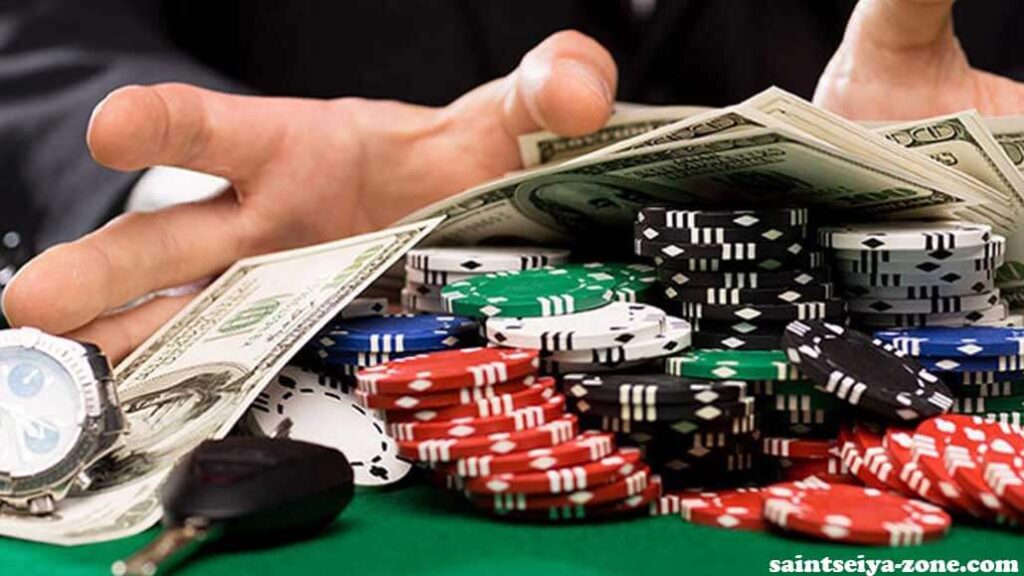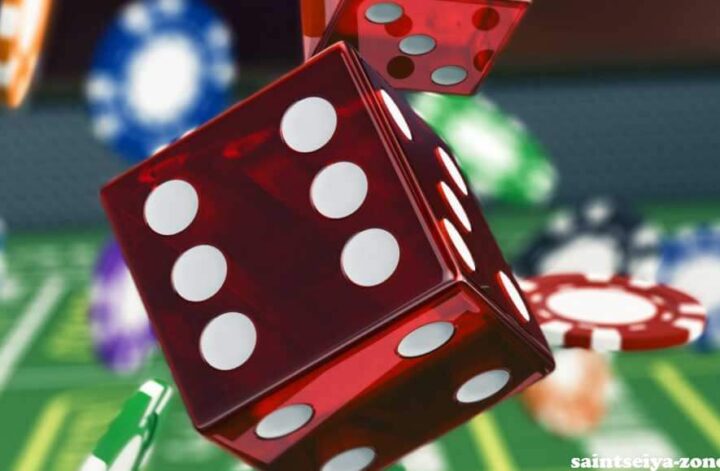The Impulsive Thrill Gambling has been a part of human culture for centuries, offering excitement, entertainment, and the chance to win big. However, for some individuals,

what starts as a harmless pastime can quickly spiral into an addiction that wreaks havoc on their lives. In this article, we will delve into the psychology behind gambling addiction, its consequences on individuals and society at large. Gambling addiction is a complex issue that requires a multidimensional approach to understanding its causes and effects. From an expert’s perspective, it is crucial to recognize that gambling addiction is not simply
about losing money or chasing wins; it goes much deeper than that. One key aspect of understanding why people become addicted to gambling lies within our brain’s reward system. When someone engages in gambling activities like slot machines or card games and
experiences even small wins or near misses (almost winning), their brain releases dopamine—a neurotransmitter associated with pleasure and reward. This dopamine release reinforces the behavior, leading to a cycle of continued gambling
The Impulsive Thrill The Consequences of Gambling Addiction
As an expert on this topic with years of experience working with individuals battling gambling addictions,I firmly believe that recovery is possible for those who seek help early enough
While overcoming any form of addiction requires commitment and perseverance,Gambling Addiction Treatment Centers offer specialized programs designed specifically for individuals struggling with this issue.The treatment typically involves therapy sessions aimed at
addressing the underlying psychological factors contributing to the addiction, as well as providing practical strategies for managing cravings and developing healthier coping mechanisms. It is important to remember that seekin
g help is not a sign of weakness; rather, it demonstrates strength and a willingness to take control of one’s life. If you or someone you know is struggling with gambling addiction, do not clandestinenola.com




